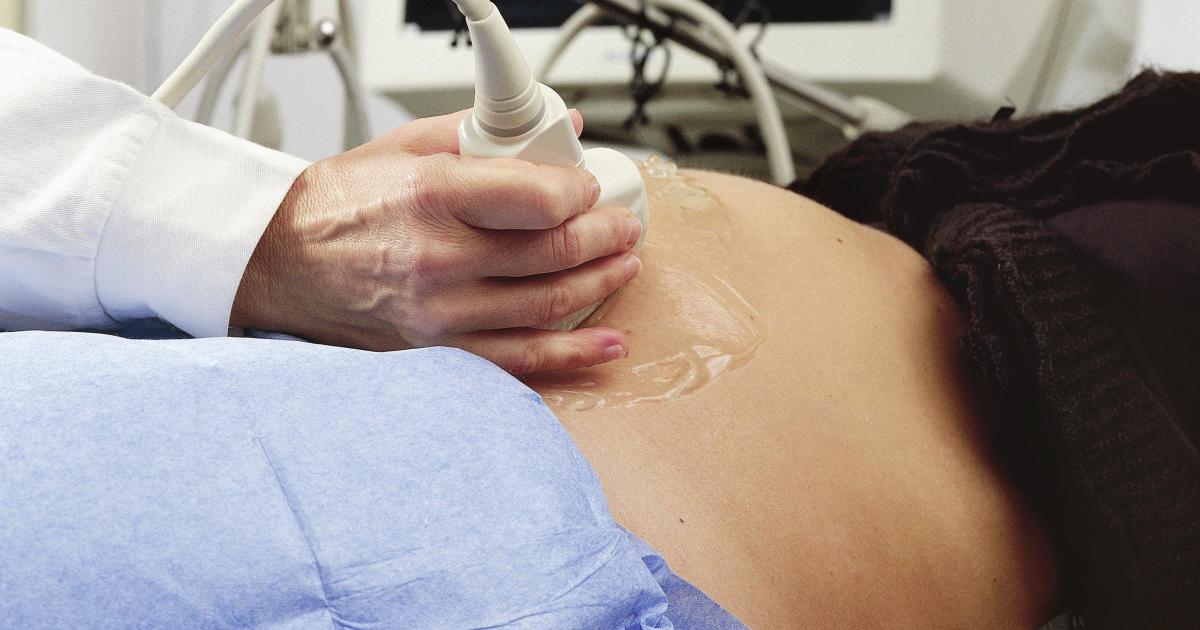Biogen shares tank as Alzheimer's drug results disappoint
Biotech investors ditched shares of Biogen on Thursday after an experimental Alzheimer's treatment yielded less-than-hoped-for results in stunting the disease's progression.
The test results were released Wednesday by Biogen and Japanese partner Eisai on the drug known as BAN2401. They showed that patients who received the highest dose had 30 percent less cognitive decline that those taking a placebo after 18 months.
But the finding wasn't the silver bullet Wall Street had banked on in pushing shares of Biogen up 20 percent to a three-year high on Tuesday, a day before the results were disclosed at a medical conference in Chicago. Biogen and Eisai in early July said a midstage study of the drug had yielded positive findings, but they didn't offer much in the way of details.
In late Thursday trading on Wall Street, shares of Biogen were down around 12 percent. Eisai also fell hard in Tokyo after hitting near-record highs as investors anticipated the data.
Al Sandrock, Biogen's chief medical officer, told an investors call Tuesday that discussions with regulators would be key to figuring out what the companies would do next regarding the drug. He added that it was too soon to consider if a request should be made to the Food and Drug Administration to approve the treatment.
Biogen on Tuesday reported solid quarterly results, buttressed by its newest offering, the spinal muscular atrophy drug Spinraza. The company reported revenue of $3.4 billion and raised its full-year adjusted profit forecast to a range of $13 billion to $13.2 billion, up from its prior estimate of $12.7 billion to $13 billion.
Still, Biogen is under pressure to duplicate sales eroded by intensifying competition for its older drugs, and hopes were high for the Alzheimer's drug findings.
The latest data involved a trial "not large enough to definitely demonstrate cognitive efficacy," the Alzheimer's Association said in a statement.
The trial involving 856 patients with early onset of dementia, and all had significant amounts of the amyloid protein that forms into plaques in those with Alzheimer's. Of the 161 patients in the group that took the highest dose of the injected drug, 81 percent showed sizable drops in amyloid levels.
The results came from a phase 2 trial, which is conducted to gauge the safety and efficacy of a drug but is viewed as an intermediate move ahead of a bigger and more extensive phase 3 trial.
Eisai developed its own cognitive assessment for their trial, a method some experts questioned.
Beyond a few medications that can curb memory decline for a couple of months, Alzheimer's has no effective treatment. It afflicts about 5.5 million Americans, with cases expected to triple by 2050.



